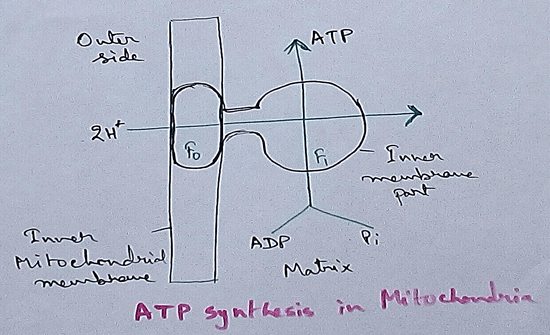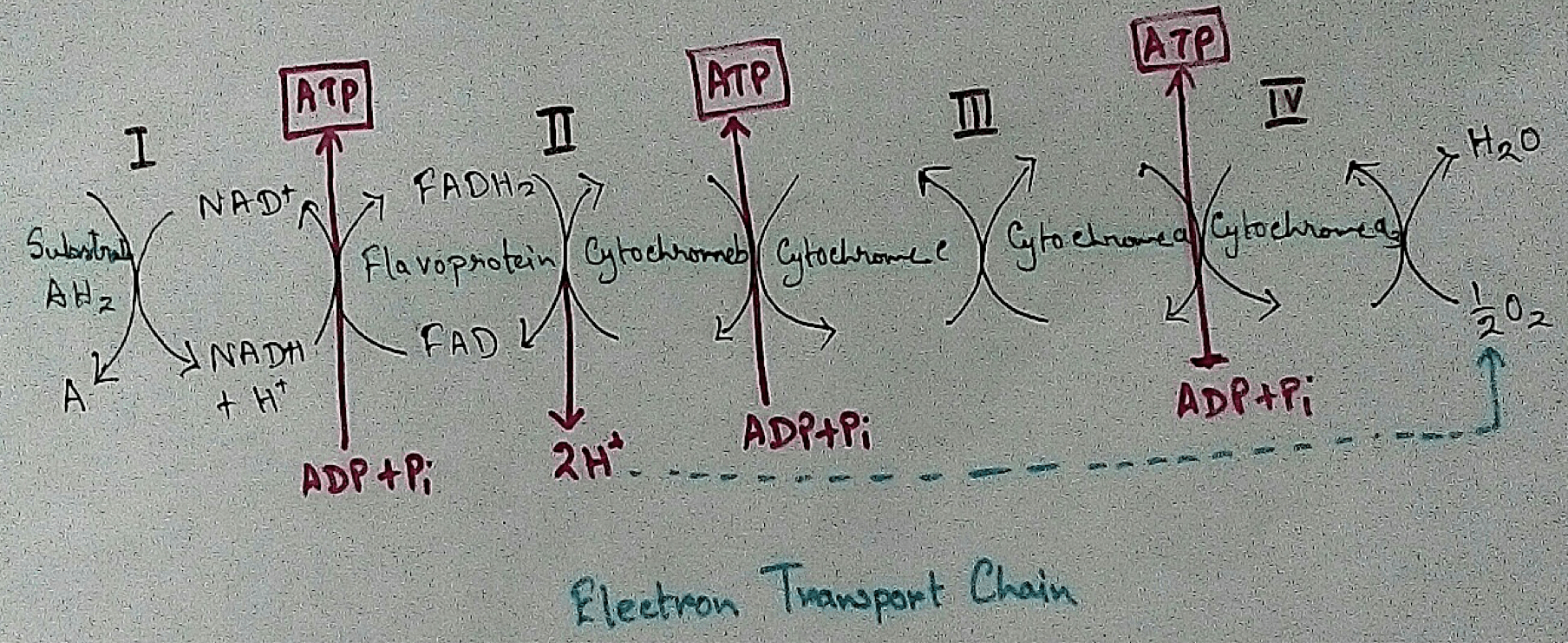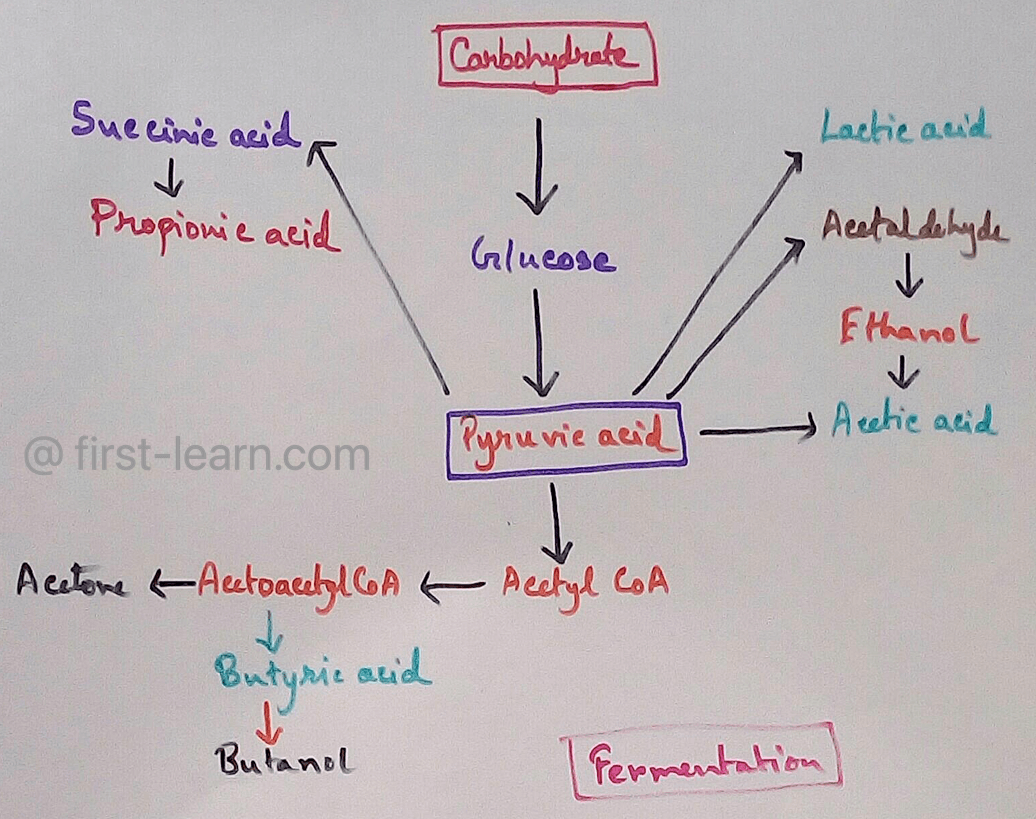Food Gives us Energy
How food gives us energy?
Like all living things, we need food. Our body tells us that it is time to eat when we feel hungry. When we get energy from the food we can do all the things that we need to do. Without energy we would find it difficult to walk, run around and play. We would not be able to do any work.
Food helps us to grow. It makes us strong and healthy. We get our food from both animals and plants. Some people eat only food from plants. Others eat both kinds of food. We eat different kinds of food like rice, bread, chapattis, pulses, vegetables, fruits, etc.
Wheat and rice are the seeds of plants. They are called grains. Wheat is made into a powder called flour. We use flour to make chapattis and bread. The pulses we eat are also seeds of plants. We eat many kinds of vegetables and fruit.
What do we get from the food we eat?
Food gives us energy. We need energy for walking around, running and playing games. Energy helps us to keep warm on a cold day. Our body uses up energy to keep our heart beating, to digest our food, to move blood around our body and all its activities. Cereals like wheat and rice and sweet foods containing sugar give us energy.
Proteins are foods that help your body to grow They build new bones, skin and muscles. Every young person needs enough protein in his or her food. Milk and milk foods like yoghurt, custard and milk sweets, cheese and paneer, beans, pules, eggs, meat and fish contain proteins.
Some people do not eat animal food like eggs, meat and fish. They are called vegetarians. It is important that vegetarians eat pulses, milk and milk foods every day.
Vegetables and fruit contain vitamins and minerals. These are needed to keep us healthy. Vegetables also contain fibre.
Our body takes up the food it needs. The rest is waste material. It passes out of the body when we go to the toilet. The fibre in our food helps our body get rid of waste.
Calcium
is a mineral that our body needs.
It helps build strong bones and teeth. Milk and milk foods contain calcium. That is why it is important that we drink milk
every day. Some green
vegetables also contain calcium.
Most of us like fried food like potato chips. Many sweets are also fried and contain oil or ghee. These are fats. Our bodies need only a small amount of fat. When we have too much fat in our food, it is not healthy. People who eat too much fried food may put on too much weight.
Most people add sugar to the tea, coffee or milk that they drink. They may also eat sweets, cakes and ice-creams. All these contain sugar. The body does not need too much sugar. If we eat extra quantities of sugar, we can put on a lot of weight. It can also make us sick and unhealthy in other ways. After we eat sweet foods, we should always brush your teeth. Any sugar left in our mouth will help in the formation of holes or cavities in our teeth.
Our body needs plenty of water to stay healthy. It is important to drink at least eight glasses of water every day. In summer, our body loses water as sweat. To make up, we must drink even more water in slimmer.
How often should we eat in a day?
Most people need three meals - Breakfast Lunch Dinner
Breakfast should give us energy for the day ahead. The two main meals should contain enough energy food, proteins, vegetables and fruits.
The food that we eat in a day is our diet. When we make sure that it contains enough energy foods, proteins, vegetables, fruit and water then we have a balanced diet. Thus, to get a balanced diet from all the food groups because we know some food gives us energy, helps our body to grow and keeps us health.
From Food Gives us Energy to HOME PAGE
Recent Articles
-
Respiratory Balance Sheet | TCA Cycle | ATP Consumption Process
Feb 18, 24 01:56 PM
The major component that produced during the photosynthesis is Glucose which is further metabolised by the different metabolic pathways like glycolysis, Krebs cycle, TCA cycle and produces energy whic… -
Electron Transport System and Oxidative Phosphorylation | ETC |Diagram
Feb 04, 24 01:57 PM
It is also called ETC. Electron transfer means the process where one electron relocates from one atom to the other atom. Definition of electron transport chain - The biological process where a chains… -
Tricarboxylic Acid Cycle | Krebs Cycle | Steps | End Products |Diagram
Jan 28, 24 12:39 PM
This is a type of process which execute in a cyclical form and final common pathway for oxidation of Carbohydrates fat protein through which acetyl coenzyme a or acetyl CoA is completely oxidised to c… -
Aerobic Respiration | Definition of Aerobic Respiration | Glycolysis
Dec 15, 23 08:42 AM
This is a type of respiration where molecular free oxygen is used as the final acceptor and it is observed in cell. Site of Aerobic Respiration - Aerobic respiration is observed in most of the eukaryo… -
Fermentation | Definition | Types of Fermentation | Application
Nov 29, 23 10:27 PM
Definition of fermentation- It is a process that is energy yielding process of anaerobic oxidation of organic compounds which are carried out by the enzyme action of micro organisms where neither gase…




New! Comments
Have your say about what you just read! Leave me a comment in the box below.